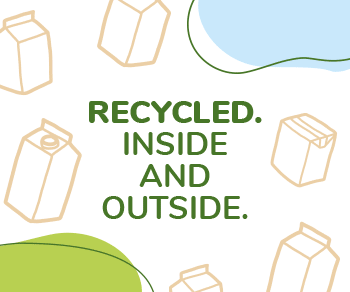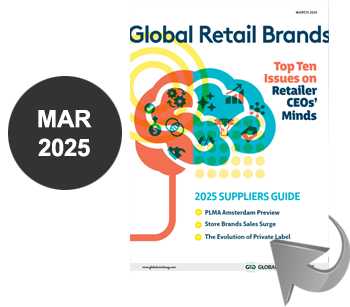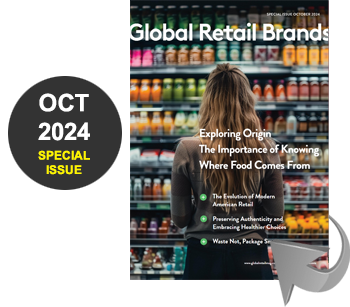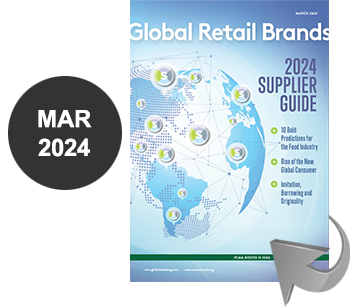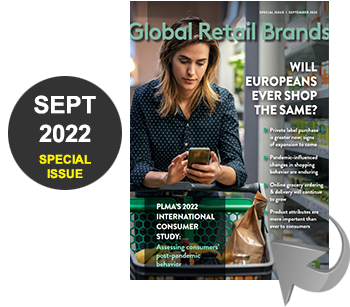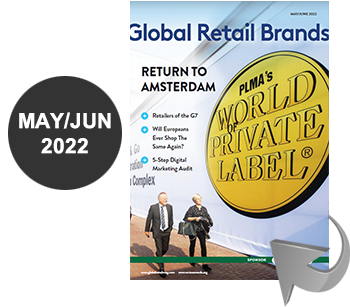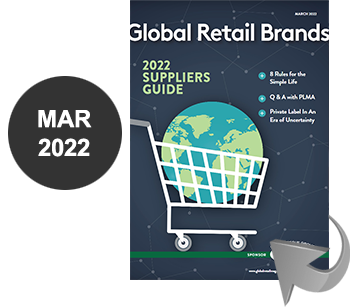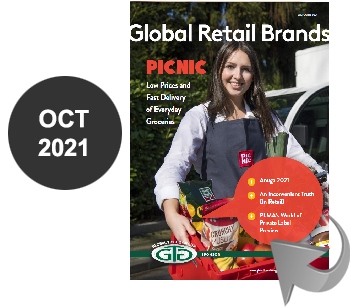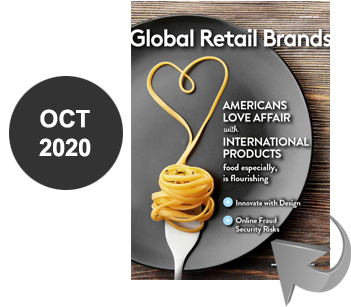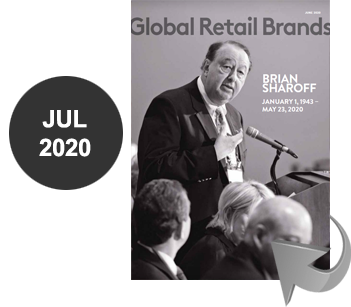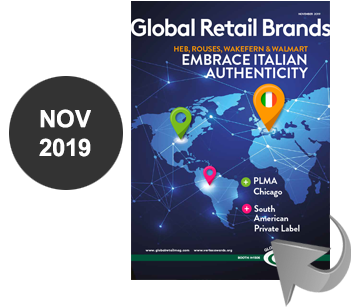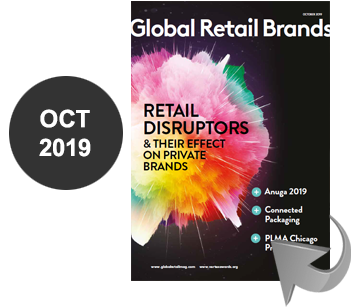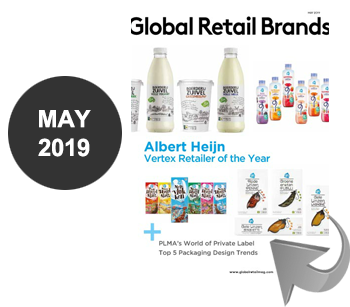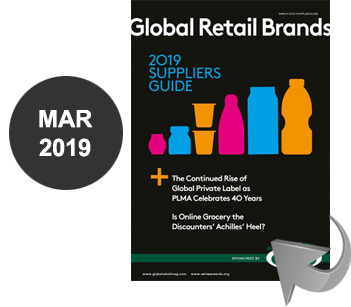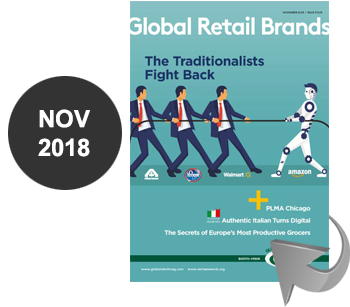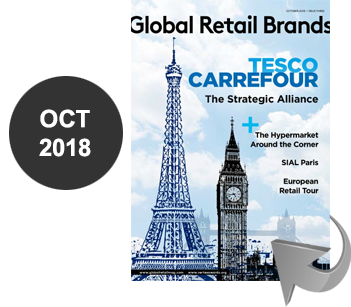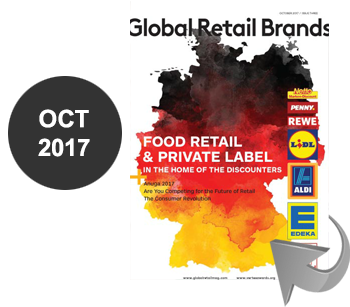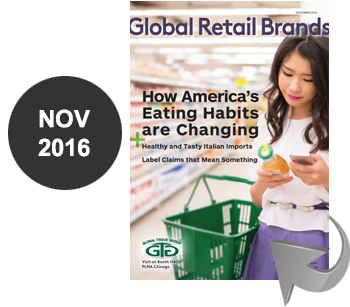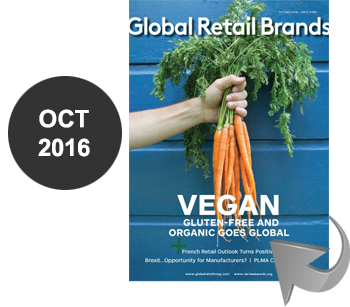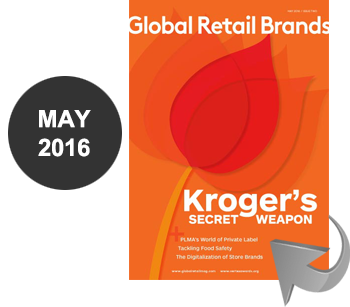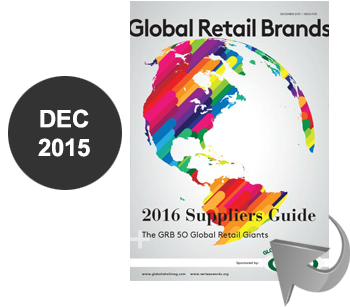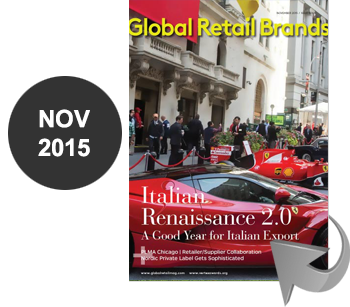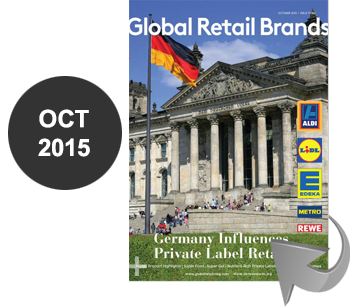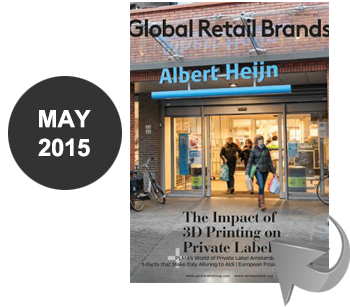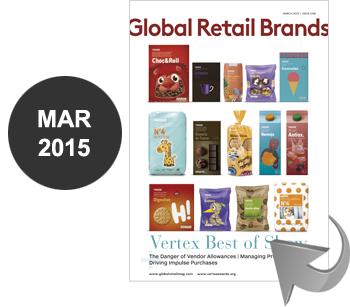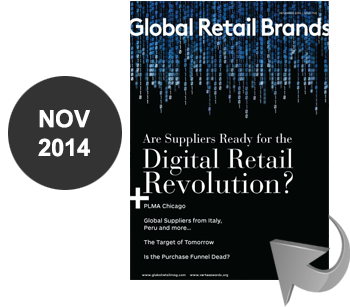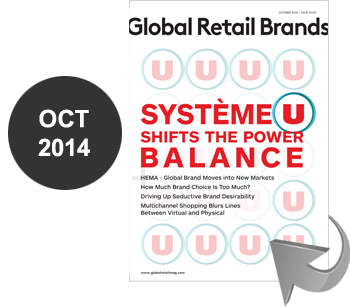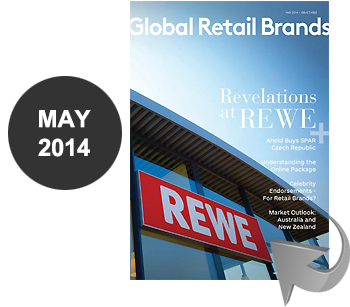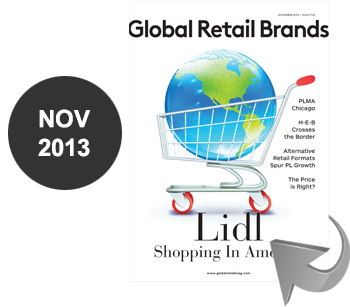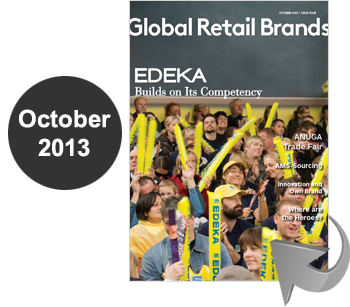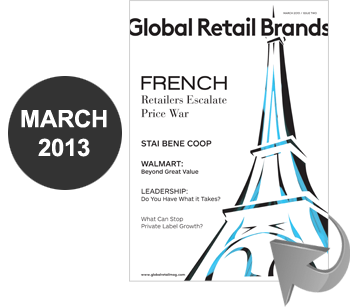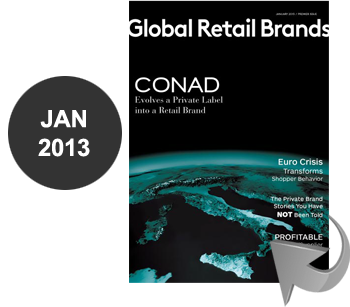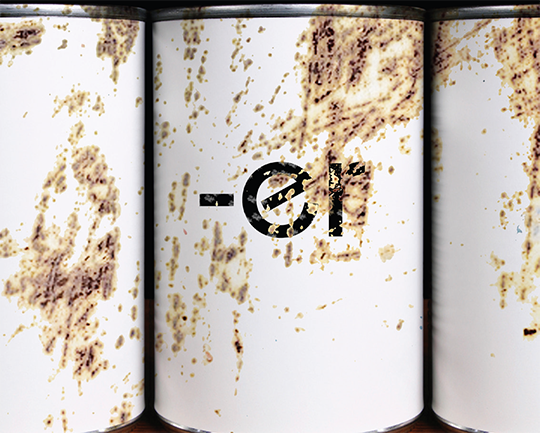
By Christopher A. Durham: President & Chief Strategist , My Private Brand
Since their very inception, private labels have settled for being second best, always selling themselves as something less. Always cheaper, frequently “the same as if not better” and all to often, uglier.
With this history in mind, I read a recent article in the Harvard Business Review, “Don’t Settle for Being an ‘-er Brand,’” by Denise Lee Yohn. Although the article is not specifically about retail owned brands, it strikes at the heart of what it is to be a traditional private label – content to be second best.
Yohn highlights those companies (both brands and retailers) with potential by applying what she calls the “-er brand” filter. According to her:
“Er brands rely on other products or brands to explain their own.” Says Yohn. “Hyundai is an -er brand. Its brand appeal is based on the assertion, “We’re just as good as Lexus but cheap-er.” Burger King is an –er brand, copying McDonald ’s smoothies and wraps with claims to be light-er and healthi-er. When Microsoft introduced Bing, its assertion of offering a fast-er search engine than Google sealed Bing’s fate as an Internet service step-child.”
-Er brands rely on other products or brands to explain their own. Walmart’s Great Value is an -er brand. Its brand appeal is based on the assertion, “We’re just as good as Tide, Coke or Breyers, but cheap-er. O Organics is an –er brand, copying Kashi or countless other brands products with claims of being as good as or bett-er than but cheap-er. It’s the same for virtually any other traditional National Brand Equivalent private label built around price tiering and mimicry.
Private labels of the last twenty years have all too often settled for being the cheaper-er brand. But cheaper is not the only red flag – bigger, small-er, healthi-er, green-er, are all traps of retailers and their brands, which are doomed to be second best. Saying, “We’re just like Brand X but we’re…” immediately destroys any hope of breakthrough, differentiation, brand loyalty or ultimately, love by immediately reminding the consumer that we’re just a knock-off.
Ms. Yohn is absolutely correct when she says that an -er positioning is a dangerous one to adopt. Perhaps there is a role in a retailer’s private brand portfolio for these undifferentiated -er brands. However, all to often portfolios are filled with labels whose sole role is to be an -er brand. They are price tiers masquerading as brands – labels that have eagerly relegated themselves to subordinate status compared to the national brand they compare themselves to. Not only do they tell customers that their brand possesses only comparative value, they celebrate that comparative value in store signage, TV commercials and weekly flyers. Their private labels have no inherent value of their own and little basis for achieving meaningful differentiation.
Private labels have come a long way since the days of black and white generics, but they still have a long way to go. We are at the very beginning of the retail owned brand era, and the truly great brands are often overshadowed by the traditional -er brands dominating retail shelves. But great brands never settle for being an -er brand.
Every retailer, every brand manager must make hard choices. They must decide whether they want their private brand portfolio to be composed of great brands or -er brands. Great brands don’t settle for second place. They don’t follow behind, stealing from others. They differentiate. They win.
Where will you win? How will you become more than -er?

